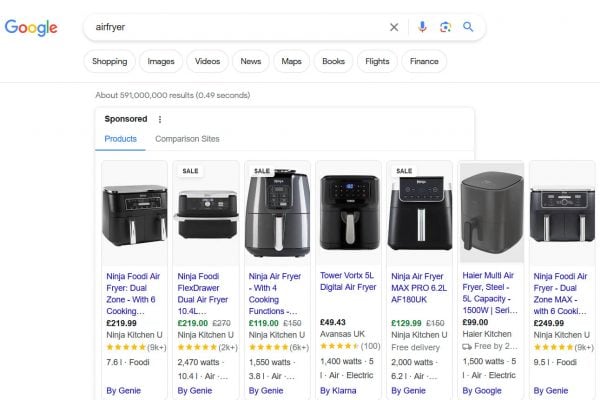New Google Chrome Cookie Tracking Protection will start to impact advertisers from this week, as they start to disable third-party cookies which gather analytic data, personalise online ads and monitor browsing activity.
As of the 4th of January, Google will be rolling out Tracking Protection to 1% of Chrome users globally, with the aim to phase out third-party cookies for everyone in the second half of 2024. This is subject to addressing any remaining competition concerns from the UK’s Competition and Markets Authority.
Cookies are a fundamental part of how the web works for instance enabling you to log into a website, but they can be tailored by showing you what advertisers would claim are ‘relevant ads’ based on other sites you have visited.
We’ll begin testing Tracking Protection, a new feature that limits cross-site tracking by restricting website access to third-party cookies by default. We’ll roll this out to 1% of Chrome users globally, a key milestone in our Privacy Sandbox initiative to phase out third-party cookies for everyone in the second half of 2024.
– Anthony Chavez VP, Privacy Sandbox, Google
Participants for Tracking Protection are selected randomly — and if you’re chosen, you’ll get notified when you open Chrome on either desktop or Android. Then, as you browse the web, third-party cookies will be restricted by default, limiting the ability to track you across different websites.
Google are aware that some sites might not work without Cookies, and so if a site doesn’t work without third-party cookies and Chrome notices you’re having issues — like if you refresh a page multiple times — they will prompt you with an option to temporarily re-enable third-party cookies for that website from the eye icon on the right side of your address bar.
Frankly this is welcome, at least for me and the millions who are forever frustrated with abominable cookie popups that now blight just about every website viewed from the UK and Europe. Cookie popups were inflicted upon us by the EU in an attempt to give us more control over our privacy on the web, but their shortsighted misunderstanding of how the web works simply meant website owners had to inflict Cookie popups. Even worse, in the case of many sites outside the EU, site owners decided it was simply easier to block EU IP addresses from even being able to view their sites rather than inflict popups on non-EU users.
The eventual death of the Cookie will be a welcome move, and hopefully other browsers will follow suit and we’ll move to a world without infernal popups with browser based blocking solving the problem for good.
Blocking Cookies in the UK will be subject to addressing any remaining competition concerns from the UK’s Competition and Markets Authority. Perversely, with the Government having insisted on Cookie popups, the CMA can block blocking Cookies if they determine it will harm other businesses!








